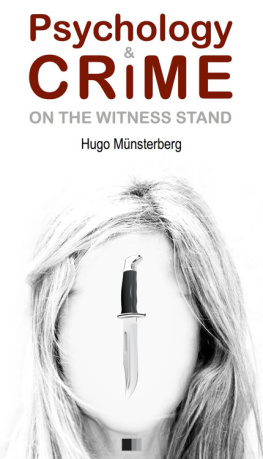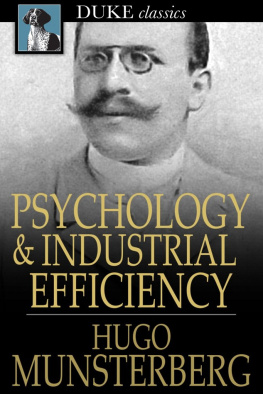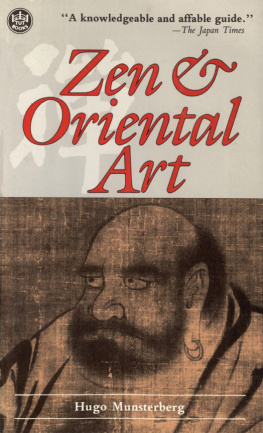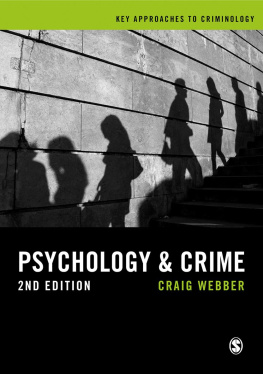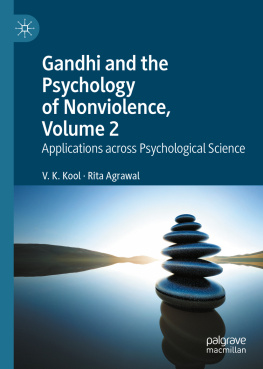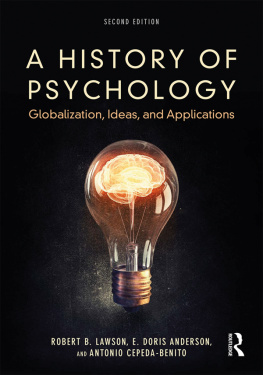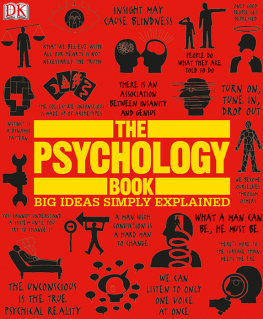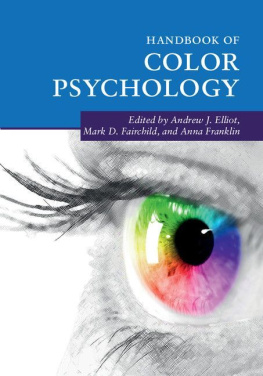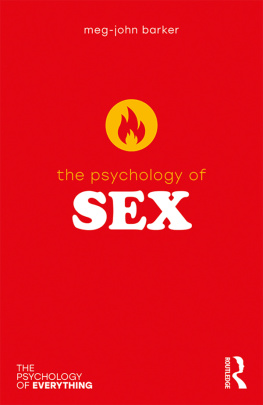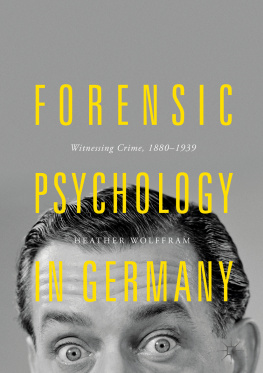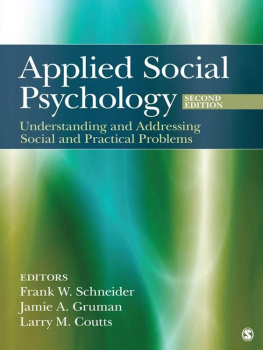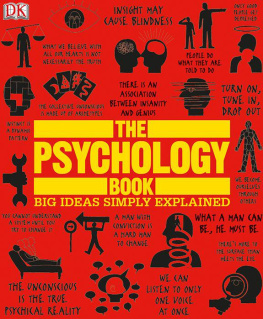Hugo Münsterberg - Psychology and Crime
Here you can read online Hugo Münsterberg - Psychology and Crime full text of the book (entire story) in english for free. Download pdf and epub, get meaning, cover and reviews about this ebook. year: 2015, publisher: FV Éditions, genre: Science. Description of the work, (preface) as well as reviews are available. Best literature library LitArk.com created for fans of good reading and offers a wide selection of genres:
Romance novel
Science fiction
Adventure
Detective
Science
History
Home and family
Prose
Art
Politics
Computer
Non-fiction
Religion
Business
Children
Humor
Choose a favorite category and find really read worthwhile books. Enjoy immersion in the world of imagination, feel the emotions of the characters or learn something new for yourself, make an fascinating discovery.
- Book:Psychology and Crime
- Author:
- Publisher:FV Éditions
- Genre:
- Year:2015
- Rating:5 / 5
- Favourites:Add to favourites
- Your mark:
- 100
- 1
- 2
- 3
- 4
- 5
Psychology and Crime: summary, description and annotation
We offer to read an annotation, description, summary or preface (depends on what the author of the book "Psychology and Crime" wrote himself). If you haven't found the necessary information about the book — write in the comments, we will try to find it.
Psychology and Crime — read online for free the complete book (whole text) full work
Below is the text of the book, divided by pages. System saving the place of the last page read, allows you to conveniently read the book "Psychology and Crime" online for free, without having to search again every time where you left off. Put a bookmark, and you can go to the page where you finished reading at any time.
Font size:
Interval:
Bookmark:
Copyright 2015 - FV ditions
Cover Picture : Pixabay.com
ISBN 979-10-299-0021-1
All Rights Reserved
THOSE stubborn people who simply did not believe that such a thing as hypnotism existed have probably now slowly died out; they might just as well have refused to believe that there are mental diseases. And those of the other extreme, those who saw in the hypnotic state a mystical revelation in which superhuman powers manifested themselves, have slowly lost their ground now; they might just as well call sleep or hysteria or epilepsy a supernatural mystery. No, science understands to-day that the facts of hypnotism are in no way more mysterious than all the other functions in the natural life of the mind. They are narrowly related to the experiences of absorbing attention, vivid imagination and obedient will and, on the other side, to sleep and dreams and mental aberration.
Of course, there nevertheless still remains much under heated discussion. There is no real agreement yet as to where the limits of hypnotism lie and where it shades off into suggestion. There are various possible interpretations of the hypnotic brain process, various views also as to the special disposition for it, and even its symptoms still need careful inquiry. But everyone may agree at least in this: that hypnotism is not without serious con- sequences and is therefore certainly not a plaything. And secondly: that hypnotism is for many nervous and mental disorders a highly effective remedy when applied by the experienced physician. It has brought and will bring health and through it, happiness to uncounted sufferers, and therefore it has come to stay.
But if hypnotism is to be with us it seems natural that the question should be asked -- often not without anxiety: -- What is its relation to law and court, to crime and criminal procedure? The uncanny power which man has therein over men, will over will, suggests the thought that dangerous social entanglements may threaten or that new energies in the interest of the law may be made thereby available. The imagination has here a free field; the dime novel and, alas ! the dollar-and-a-half novel have made full use of this convenient instrument of criminal wonders, and the newspaper public reads, often without any feeling for the difference, stories of hypnotic crime which might easily have taken place by the side of others which are absolutely impossible. There is nowhere a standard, and it may therefore be worth while to take a bird's-eye-view of the whole field in which hypnotism and crime come really or supposedly in contact with each other.
The popular imagination turns first with preference to the query whether the court may not apply hypnotism for the purpose of unveiling the hidden truth. Unsolicited letters concerning hypnotism turn up copiously in a psychologist's mail; statistics show that it is just this proposition which disturbs the largest percentage of these amateur criminologists. They take a passionate interest in every murder case and too often reach the torturing stage of not knowing who is really guilty, even when all evidence and the verdict of the jury is in. Their scruple, they feel, could be removed only by their absolutely knowing that this or that man speaks the truth. Hypnotism has the well-known power of breaking down the resistance of the will; if the hypnotised witness were ordered to speak the full truth, he would no longer have any choice. It looks so simple and promising.
From a purely psychological standpoint such a method might be successful. It is not different in principle from the hypnotic confessions which a patient may make against his will. The other day a student whom I was curing of the cocaine habit assured me most vehemently that he had no cocaine in his room any more, and a few minutes later, when I had hypnotised him, he described correctly the place where he had hidden it. But the difficulty would begin with the fact, too often misunderstood, that one cannot be hypnotised by a new person for the first time against his will. A criminal who does not confess in his full senses will not yield to any hypnotising efforts, as no outsider can bring about the new state of mind. Hypnotisation cannot work on an unyielding brain as a sponge with chloroform which is held by force to the mouth might work. If the imagination of the subject does not help in reaching the somnambulic state, no one can inject a mesmeric fluid into his veins. And finally, even if such hypnotising by force were possible, it is self evident, from moral and legal reasons, that no civilised court ought to listen to such extorted evidence.
Of course, it might be different if a wrongly accused defendant or a suspected witness wished in his own interest to be hypnotised. A woman once asked my advice in such a case. She was under a cloud of ugly suspicion; even her own husband did not believe her protestations of innocence, and, I suppose, her lawyer still less. She wanted to be brought to the deepest state of hypnotism in open court till it would be evident that she had no will-power left for deceit. If she declared herself innocent on the question of the hypnotiser, the court would have to accept it. I advised her strongly not even to suggest such a theatrical performance. Technically, it is not at all possible to hypnotise everyone to such a strong degree, further it would be difficult to prove to the court that she did not simulate hypnotic sleep and that no secret agreement existed between the subject and her hypnotiser. But the decisive point for me was the conviction that the court ought to accept such somnambulic utterances as little as the insane speeches of a paranoiac. She would be no longer in full possession of her mental energies, as it is the essence of the hypnotic state that large parts of the inner functions are inhibited: all is suppressed which counteracts the suggestions of the hypnotiser. She thus would cease to be really herself, and the person on the witness stand would therefore not remain legally the witness who took the oath before the hypnotisation.
Quite different is the case when the hypnotisation is required to awake in the mind the memory of facts which occurred in an earlier hypnotic sitting. It is well known, indeed, that a person awaking from hypnosis may be without any memory of the words spoken, but may remember everything, even months after, as soon as a new hypnotic state is produced. Such a sharpened dream memory may become important, and here the break of personal unity is no hindrance, as the purpose is objective information; for such an end even an insane man may give acceptable evidence, perhaps as to the place where stolen booty is hidden.
But that the court should hypnotise would in any case be a most exceptional event; what is deserving of much more attention is the case when the criminal hypnotises. Here again popular misunderstandings prevail. Here belongs, first of all, the absurd fear of the man with paralysing powers. He enters the room and when he looks on you, you are powerless; you give him your jewels and the key to your safe and he plunders you gently while you have to smile and cannot raise a hand. The English newspapers insisted that such a "burglar with the hypnotic eye" is "the latest product of America." Punch , the London Charivari, poked fun at him with a long poem on John P. Beck of Fortieth Street -- Was as smart a burglar as one could meet. "On one thing only would he rely -- The power of his black hypnotic eye." At first John P. burglarises the halls of the millionaires. Finally he comes before the jury, but every witness begins to talk nonsense as soon as John P. looks at him. "And each who came through the witness door -- Seemed still more mad than the man before." And at last he looks on the judge, and the judge, too, begins to get confused and absurd and closes finally: "I know the criminal. Yes, you see -- The wretch before you. I am he! -- The man who should be in the dock is me! -- Arrest me, warders! Step down, John P."
Font size:
Interval:
Bookmark:
Similar books «Psychology and Crime»
Look at similar books to Psychology and Crime. We have selected literature similar in name and meaning in the hope of providing readers with more options to find new, interesting, not yet read works.
Discussion, reviews of the book Psychology and Crime and just readers' own opinions. Leave your comments, write what you think about the work, its meaning or the main characters. Specify what exactly you liked and what you didn't like, and why you think so.

